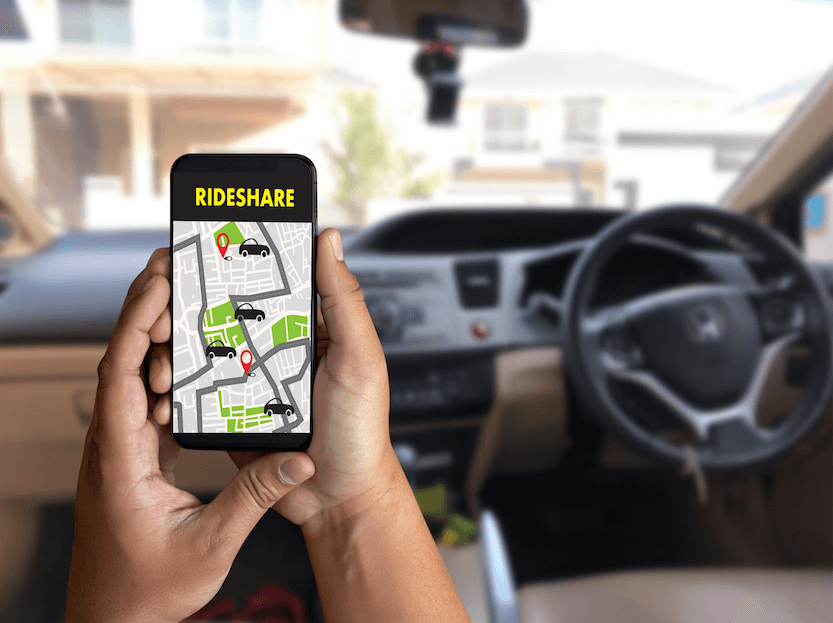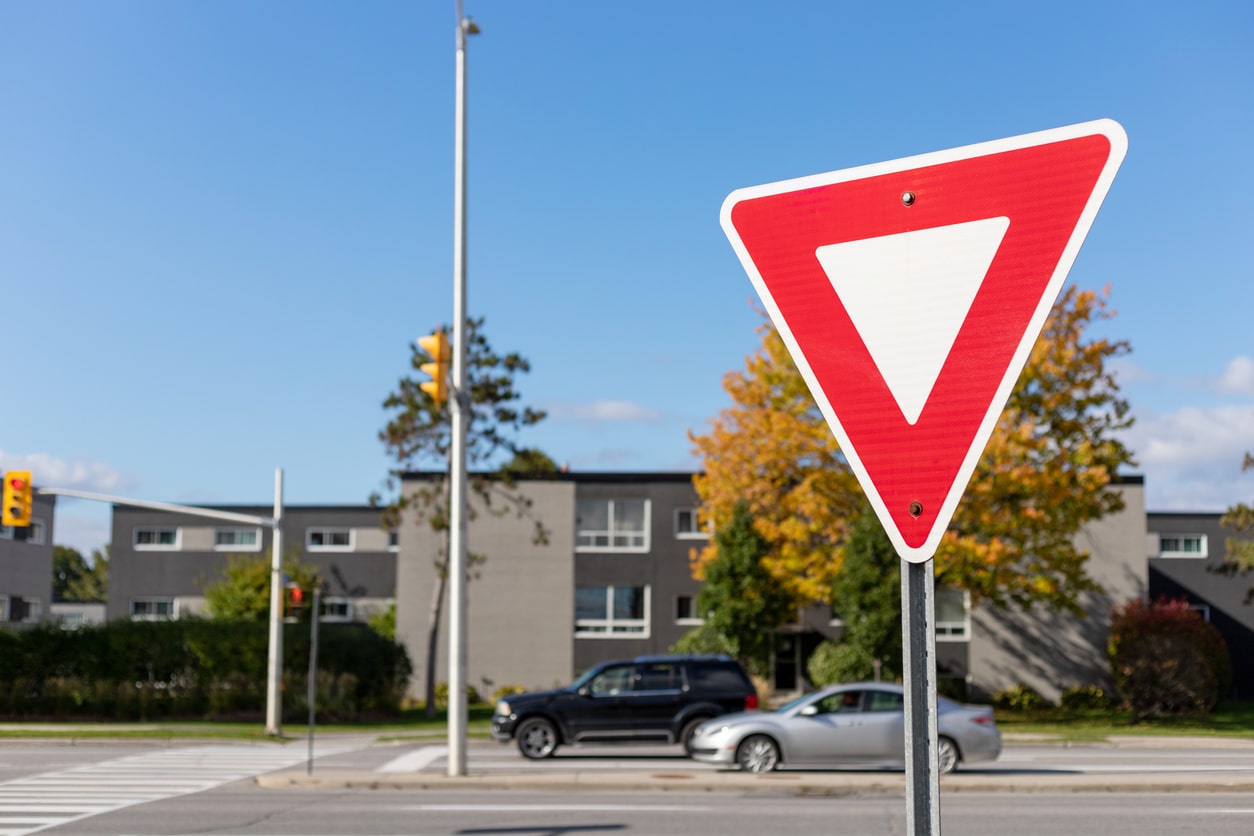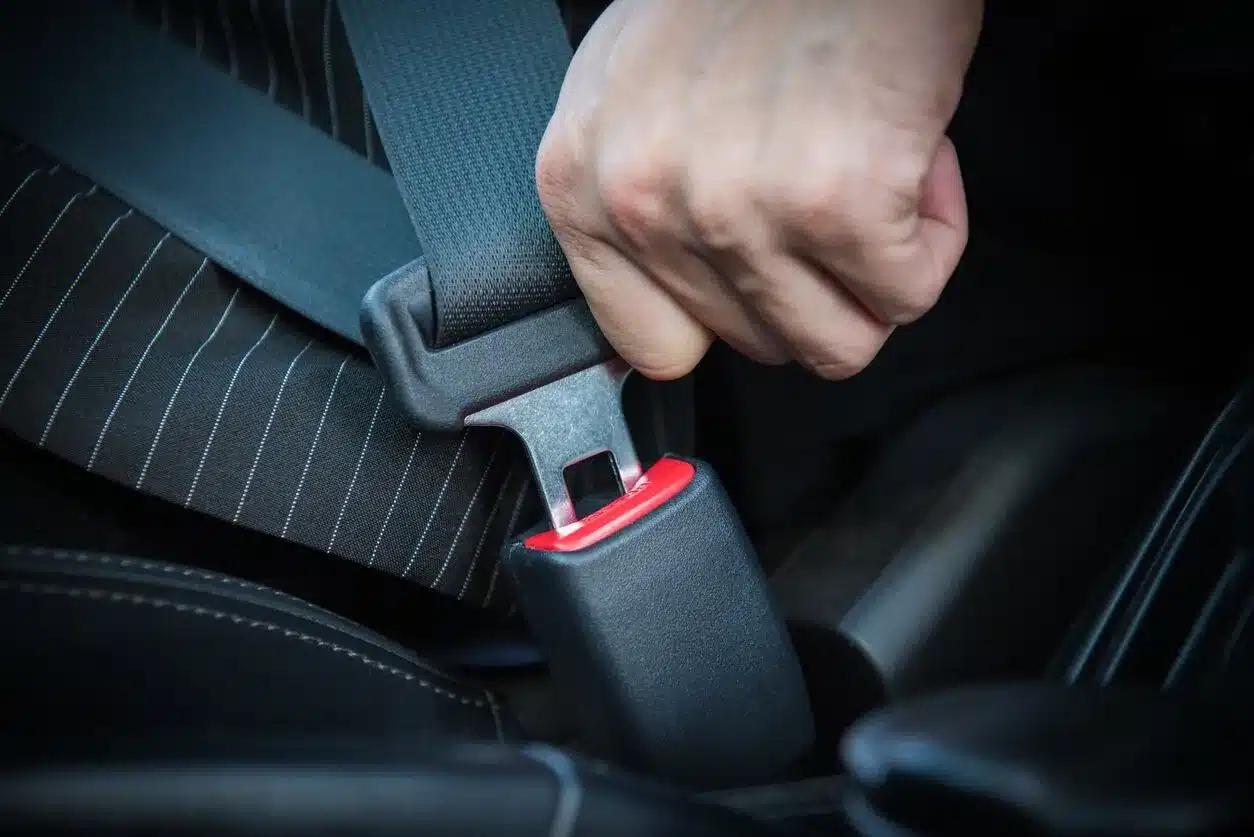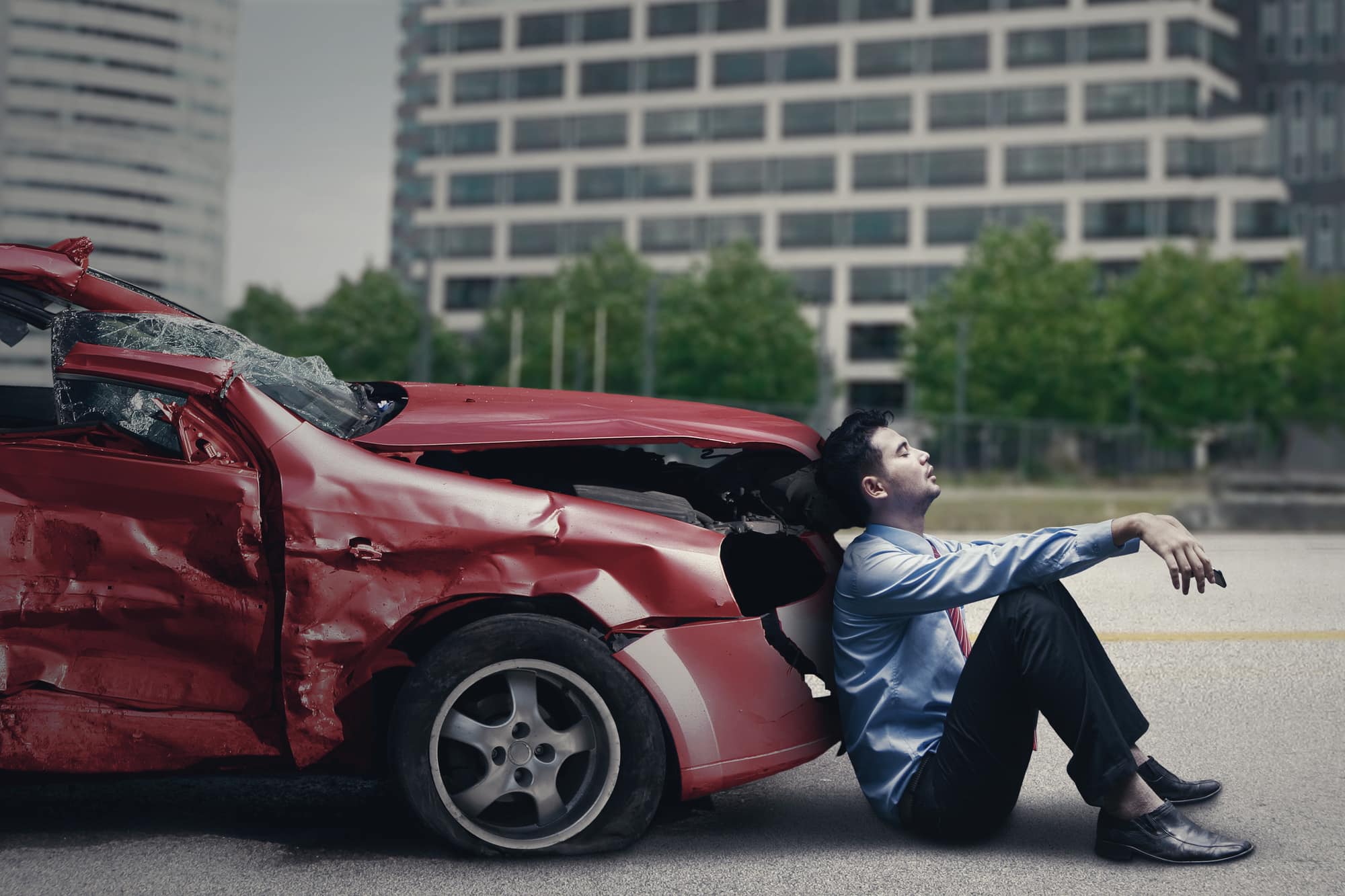(injury claims) With the rise of Uber, Lyft, and other rideshare services, millions of people rely on these platforms daily for convenient transportation. However, rideshare accidents are on the rise as well, and when injuries occur, they bring unique legal challenges. If you’re injured in a rideshare accident, here’s what you need to know about filing a personal injury claim and navigating the complexities of Uber, Lyft, and other rideshare-related accidents.
Determining Liability in Rideshare Accidents
In any car accident, determining liability is crucial. With rideshare accidents, the situation can become complex because there are multiple parties involved, such as:
- The rideshare driver (if they were at fault)
- Another driver (if they caused the accident)
- The rideshare company (Uber, Lyft, etc.)
Rideshare companies categorize drivers as independent contractors, not employees, which often limits the companies’ direct liability. However, Uber and Lyft do provide insurance coverage for their drivers under certain conditions, which can benefit injured passengers or other affected parties.
Understanding Rideshare Insurance Coverage
Uber, Lyft, and other rideshare companies typically offer insurance coverage that varies depending on the driver’s status at the time of the accident. Here’s a breakdown of how coverage generally works:
- If the driver is offline or not logged into the app: In this case, the driver’s personal auto insurance is the primary coverage.
- If the driver is logged into the app but has not yet accepted a ride: The rideshare company usually provides limited liability coverage, which generally includes $50,000 per person for bodily injury, $100,000 per accident for bodily injury, and $25,000 for property damage.
- If the driver is en route to pick up a passenger or is actively transporting a passenger: During this period, rideshare companies typically offer more substantial insurance coverage, often up to $1 million in liability coverage.
Filing a Personal Injury Claim in a Rideshare Accident
If you are injured in a rideshare accident, filing a claim will depend on the circumstances of the crash:
- If the rideshare driver is at fault: You may be able to file a claim against the rideshare company’s insurance policy, provided the driver was actively engaged on the app at the time of the accident.
- If another driver is at fault: You may need to file a claim with the at-fault driver’s insurance company. In some cases, Uber and Lyft’s uninsured/underinsured motorist coverage may apply if the at-fault driver’s insurance is insufficient to cover your damages.
What to Do Immediately After a Rideshare Accident
After any car accident, taking the right steps can strengthen your personal injury case. If you’re involved in a rideshare accident, consider the following actions:
- Call 911 and seek medical help: Ensure everyone’s safety and have injuries documented by medical professionals.
- Gather information: Obtain details from all involved parties, including names, contact information, insurance details, and rideshare driver information.
- Document the scene: Take photos and videos of the accident scene, vehicle damage, and any visible injuries.
- Report the accident: Report the incident to the rideshare company (via their app or customer service) to establish a record of the accident.
How an Attorney Can Help in Rideshare Accident Cases
Personal injury claims involving rideshare companies often require a unique approach. An experienced personal injury attorney can help by:
- Determining liability and coverage: An attorney can identify the responsible parties and ensure you seek compensation from the appropriate insurance policy.
- Handling negotiations: Rideshare companies often have complex claims processes, and an attorney can negotiate with the company’s insurance representatives on your behalf.
- Maximizing compensation: An attorney can assess the full scope of your damages, including medical expenses, lost wages, and pain and suffering, to help you pursue a fair settlement.
Types of Compensation You May Be Entitled To
If you’re injured in a rideshare accident, you may be eligible for various forms of compensation, including:
- Medical expenses: This includes both current and future medical bills resulting from your injury.
- Lost wages: If your injury has impacted your ability to work, you may be compensated for lost income.
- Pain and suffering: Non-economic damages, such as emotional distress, can also be part of your claim.
- Property damage: If your property (such as your vehicle or personal items) was damaged in the accident, you may be eligible for reimbursement.
Conclusion
Rideshare accidents can be confusing and stressful, especially when it comes to filing a personal injury claim. At 770GoodLaw, our experienced personal injury attorneys are well-versed in rideshare accident claims and know how to navigate the complex landscape of rideshare insurance. If you’ve been injured in an Uber, Lyft, or other rideshare accident, contact us today for a free consultation. We’re here to help you understand your options and fight for the compensation you deserve.







